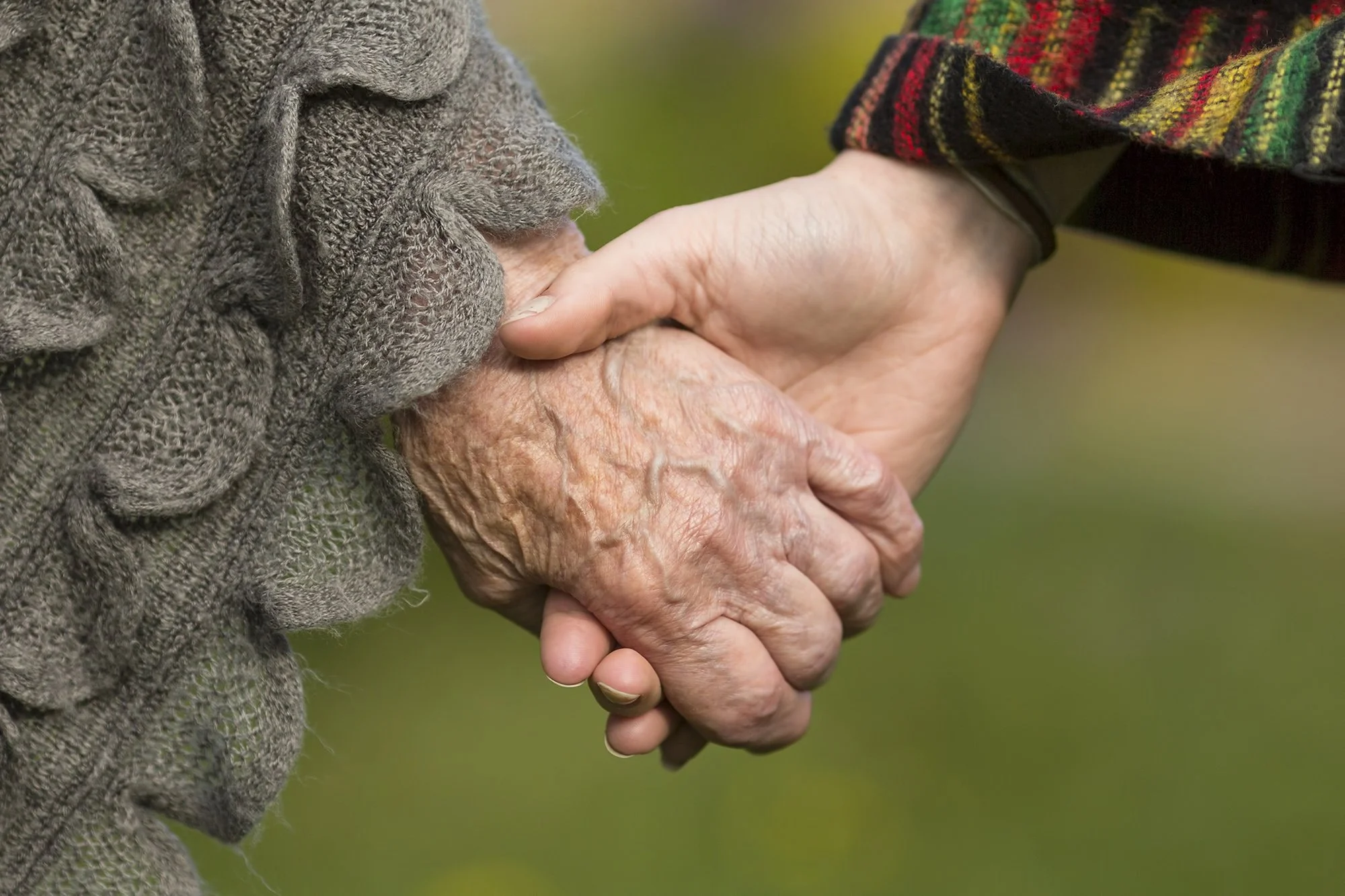Becoming a doula: A researcher’s path to person-centered care
Jackie Carter at the Oklahoma Birth Equity Initiative community-based doula training graduation in Tulsa, Oklahoma, in October 2024.
We believe that meaningful change begins with people — and the many ways we show up for one another. One of our team members recently took a significant step in her journey of service and learning by becoming trained as a community-based birth doula. In this Q&A, Associate Research Director Jackie Carter shares what inspired her, what she’s learned, and what she’s most looking forward to as she continues supporting families in one of life’s most transformative moments.
What inspired you to become a doula?
Before joining Sweet Grass, my work focused on sexual and reproductive health and rights — a field I am deeply passionate about. In 2017, I completed a master’s degree in public health and from there sought opportunities to improve reproductive health outcomes. This included a number of program and research positions centering on unintended adolescent pregnancy, comprehensive sexuality education and HIV prevention, STI prevention testing and treatment, and OBGYN retention. Although becoming a doula may not have seemed like a natural progression to some, I saw it as a valuable opportunity to keep learning while making a meaningful (and hopefully positive!) impact in a more personal, hands-on way.
Why do you think this work is important?
Maternal and child health in the US — especially in my home state of Oklahoma — is alarmingly poor, largely due to preventable factors. Oklahoma ranks among the lowest in the nation for maternal health and faces significant disparities in outcomes and access to care. Doulas can help address some of these gaps by offering personalized support to pregnant capable people, which can improve both experiences and outcomes. Of course, doulas are not medical providers, but we can play a vital role in offering emotional, physical, and informational support that helps ensure a more positive experience for families.
What does a doula do, exactly?
A doula provides non-medical support during pregnancy, birth, and the postpartum period. That can include anything from talking through birth preferences and offering physical comfort measures to simply being a steady, calming presence during labor. We work alongside partners, family members, and medical providers — but our role is focused on the whole person and their goals, preferences, and values. A big part of that is helping people feel empowered to make informed choices and advocate for themselves, so they can have a birth experience that feels respectful, supported, and their own.
What are you most looking forward to in supporting families during such an important time in their lives?
What I’m most looking forward to is helping pregnant capable people have the births that they want — ones that feel aligned with their values and choices. My goal is to help them feel empowered, informed, and confident throughout the process, even when things don’t go according to plan. I want them to walk away from the experience feeling seen, heard, and supported.
How do you think your doula training complements your work at Sweet Grass?
The work we do at Sweet Grass is community-based and person-centered, which aligns closely with the principles of doula work. Both prioritize care that is rooted in relationships and tailored to the individual. Whether it’s supporting a birth or shaping a community-led project, the throughline is trust, empathy, and presence.
Any special moments or takeaways from your training?
Attending a birth is an incredibly powerful experience, filled with deep vulnerability and trust. In the months leading up to a birth, I would watch clients do everything “right” to prepare for the experience they had envisioned for themselves. But birth has its own rhythm, and things can — and often do — unfold differently than planned. These experiences have taught me how important it is to hold space for people, not just when everything goes smoothly, but especially when it doesn’t. Not to try to fix things, but to stay calm and grounded while offering a compassionate presence.
How do you hope to serve your community through this work?
I’m eager to serve anyone who could benefit from doula support, but I’m especially interested in supporting families who have been underserved by traditional healthcare systems. Everyone deserves culturally competent care and to feel safe, respected, and empowered during birth.
How can people learn more or support you?
I’m always open to talking with others about this work. If you’re curious, please reach out — or check out Oklahoma Birth Equity Initiative to learn more about what doulas do and how they support birth justice.
Final thoughts
Birth is one of the most vulnerable, powerful, and life-changing experiences someone can go through. Being invited into that moment is a privilege I don’t take lightly. I hope to show up with humility, strength, and care — and to help others feel supported in exactly the ways they need.
Share



